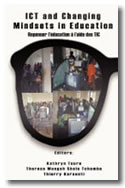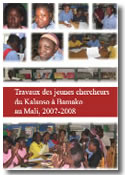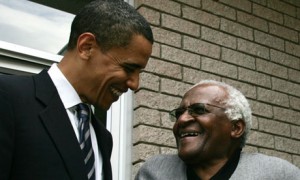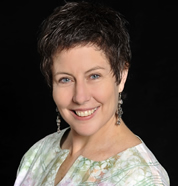AIMS: Unleashing Africa’s beautiful minds September 12, 2013 No Comments
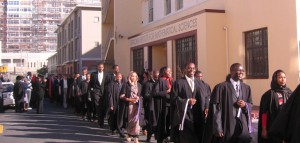
Newton, Einstein, Hawking — they showed us the power of one beautiful mind to radically alter our understanding of the universe. Clarisse Uwizeye could be the next genius to turn science on its head, yet the world nearly lost her beautiful mind.
At age seven, Uwizeye barely escaped the genocide in her homeland of Rwanda, fleeing with her family to the Democratic Republic of Congo. Two years later, war came to Congo and the family had to run again, back to Rwanda. Her parents vanished, never to be seen again.
